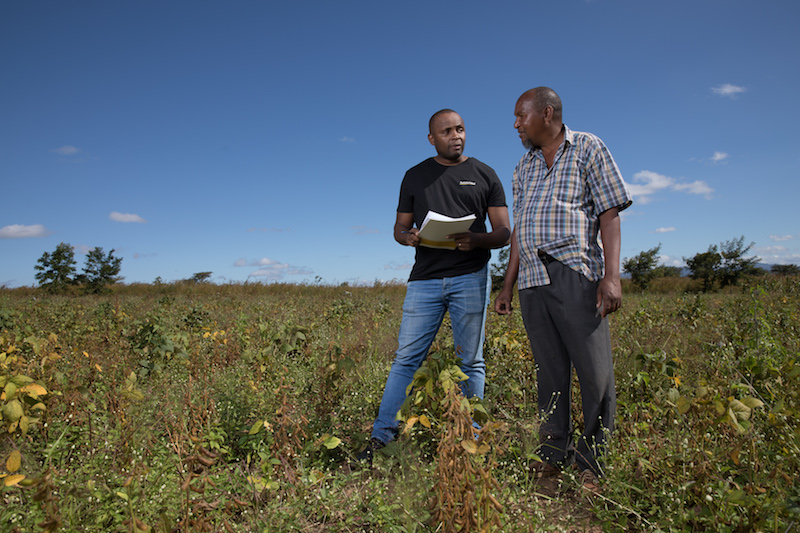
Solidaridad is starting this project with potato seed multiplier efforts with 20 farmers in the Nzusumire area in Angonia. Each farmer will receive two tones of certified potato seeds per hectare with a projected yield of 25 tonnes per hectare and the pilot is taking place in Angonia, north of Mozambique.
The area is at a high altitude which means the temperature drops low enough at night to minimize crop infections without endangering the crop. This is where the so-called rubber meets the road in attaining contextual insight of how the project will roll out nationally.
Building Projecto De Batata
In 2016, Solidaridad went into partnership with the Government of Mozambique and key fruit and vegetable stakeholders to develop the first-ever health and safety standard for fruit and vegetable production. This Multi-Stakeholder Platform elected a core group to facilitate an inclusive and sector-wide consultative development of the Standard for Sustainable Fruit and Vegetables in Mozambique (MozBoPA).
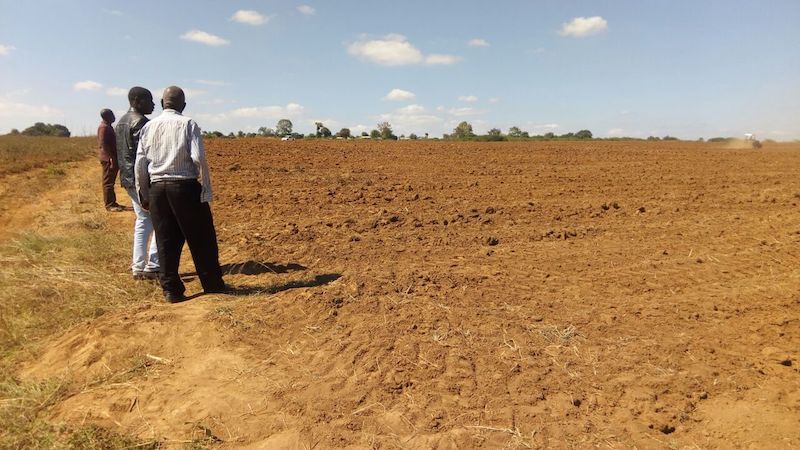
In order to achieve the development of MozBoPA, Solidaridad had to incorporate realities of the farmer’s current production system and make it well adapted to the Mozambique context. Alongside the MozBoPa Programme, Solidaridad ran a farmer support programme under our Practice For Change work. The key output was to make sure that farmers adopt good agricultural practices that help increase the quality and volume of their yield per hectare.
Bridging the Knowledge Gap
One of the other challenges this programme will address is the lack of standards and regulation with the use of pesticides. The excessive use of pesticide has in most cases seen farmers contaminate food and cause a range of serious illnesses and diseases in humans, from respiratory problems to cancer.
As a result, Solidaridad has integrated pest management programme within the Practice for Change Project to educate farmers on correct methods. Due to the seriousness of this, Solidaridad has partnered an AAU Technical, a global GAP accredited farmer assurance company which will provide trainings to the farmers group.
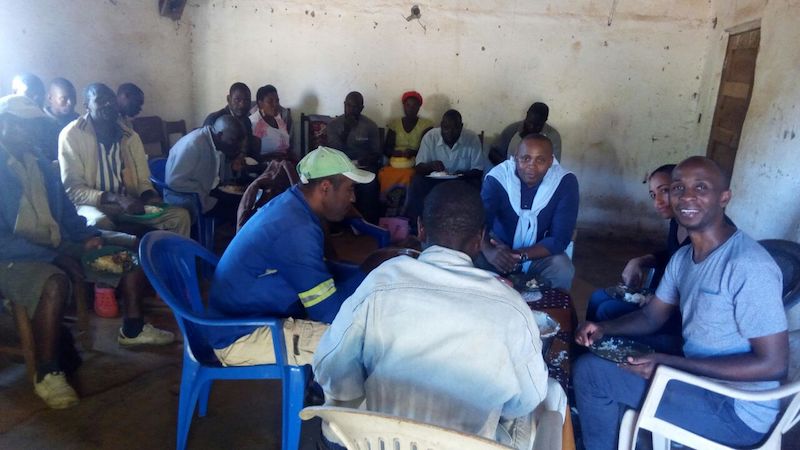
To impact a sector, our first point of impact has to be at a farmer level. Mr Abdul Nazeem is one of twenty farmers who form part of the initial recruits to the Projecto da Batata and owns a 30 hectare farm in Angonia and has been farming for 38 years. His crop selection of maize and soy is dictated by the market; these crops have a guaranteed demand at harvest. So far, Abdul’s potato farming has been on a subsistence level.
One of the biggest barriers for potato production for Mozambican farmers is access to certified seeds, the project has resolved this by bringing in 38 tonnes of certified seeds from South Africa for multiplication. Having recently succeeded in mechanising his farming operation, Mr Nazeem is excited about this pilot as it affords him the ability to manage and assess crop growth on a manageable environment and slowly scale up production as he has a better understanding of crop needs versus market demands.
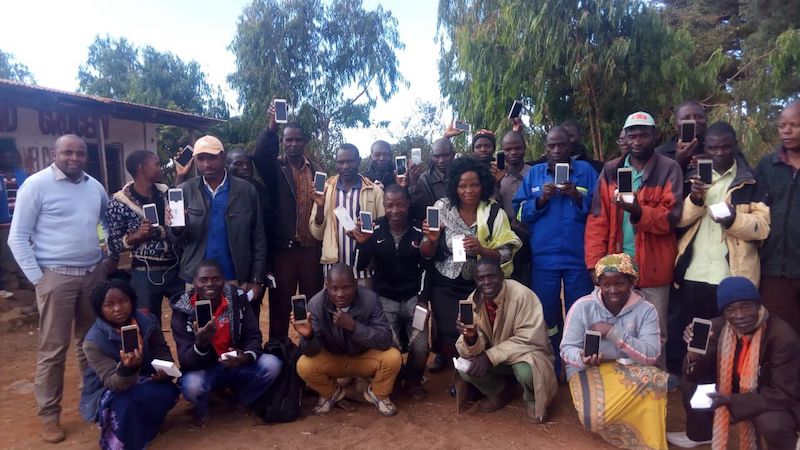
Increasing Data Density in Smallholder Farms
The golden goose for the Projecto da Batata is the incorporation of digital solutions to increase data density within the smallholder sector. Modern-day reality shows us that commercial farmers are able to harvest 10 tons of maize per hectare, while small-scale farmers can only produce 1.5 tons per hectare using the same seed and working on identical soils. Tragically, over the past 10 years, the development sector has not succeeded in closing this yield gap. As a result, this remains at the heart of Solidaridad’s quest; improving productivity and profitability in an environmentally sustainable way.
The Solidaridad Digital Solutions team uses a combination of tools such as satellites, drones and sensors to improve productivity, increase agri-efficiency, and lead to reduced costs on extension services. We seek to find sustainable solutions based on tools and knowledge that commercial farmers already use.
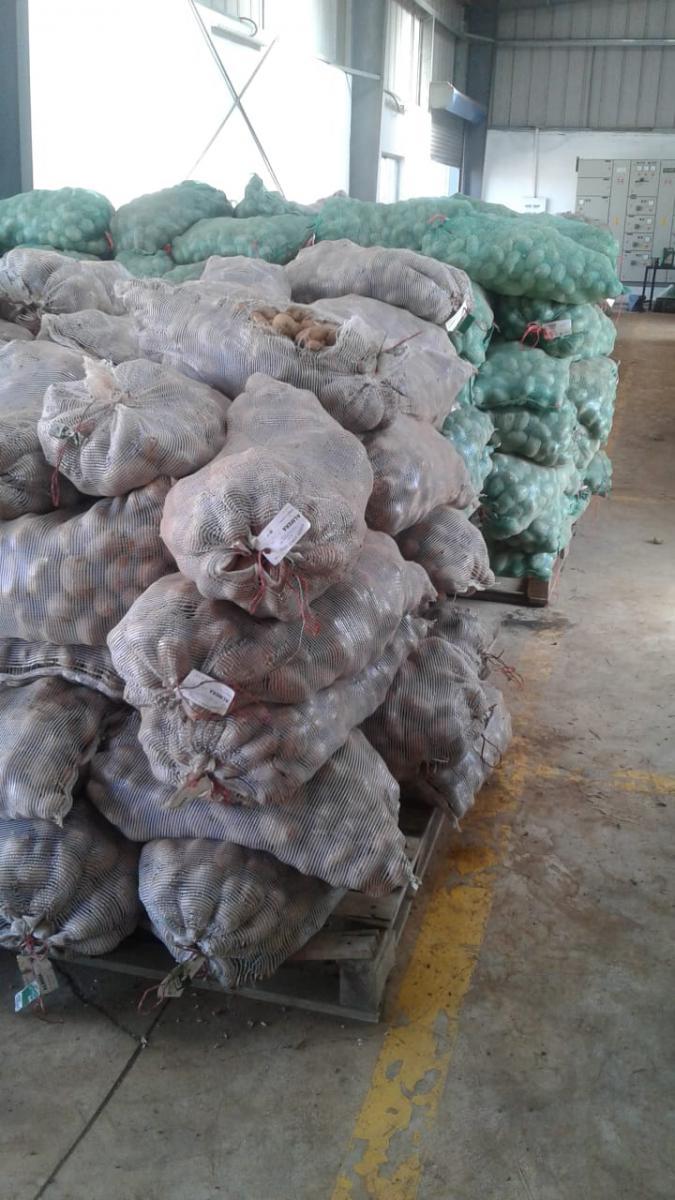
What we are trying to achieve with this programme is to teach farmers how they can produce products that they can vouch for, and increase their confidence to approach and deal with formal markets. These are some of the initial steps we are taking in building a viable, compliant and reliable horticulture sector in Mozambique. Our primary objective is to ensure that there is a safe vegetable production sector that complies with food safety standards.
If we are going to succeed in substituting South African imports and revitalizing the local fresh produce sector, the solutions we bring cannot just be about volume, but quality as well. Projecto do Batata will be dealing with productivity as well as food safety to make sure that in the years to come Mozambique becomes a food secure country, one crop at a time.
